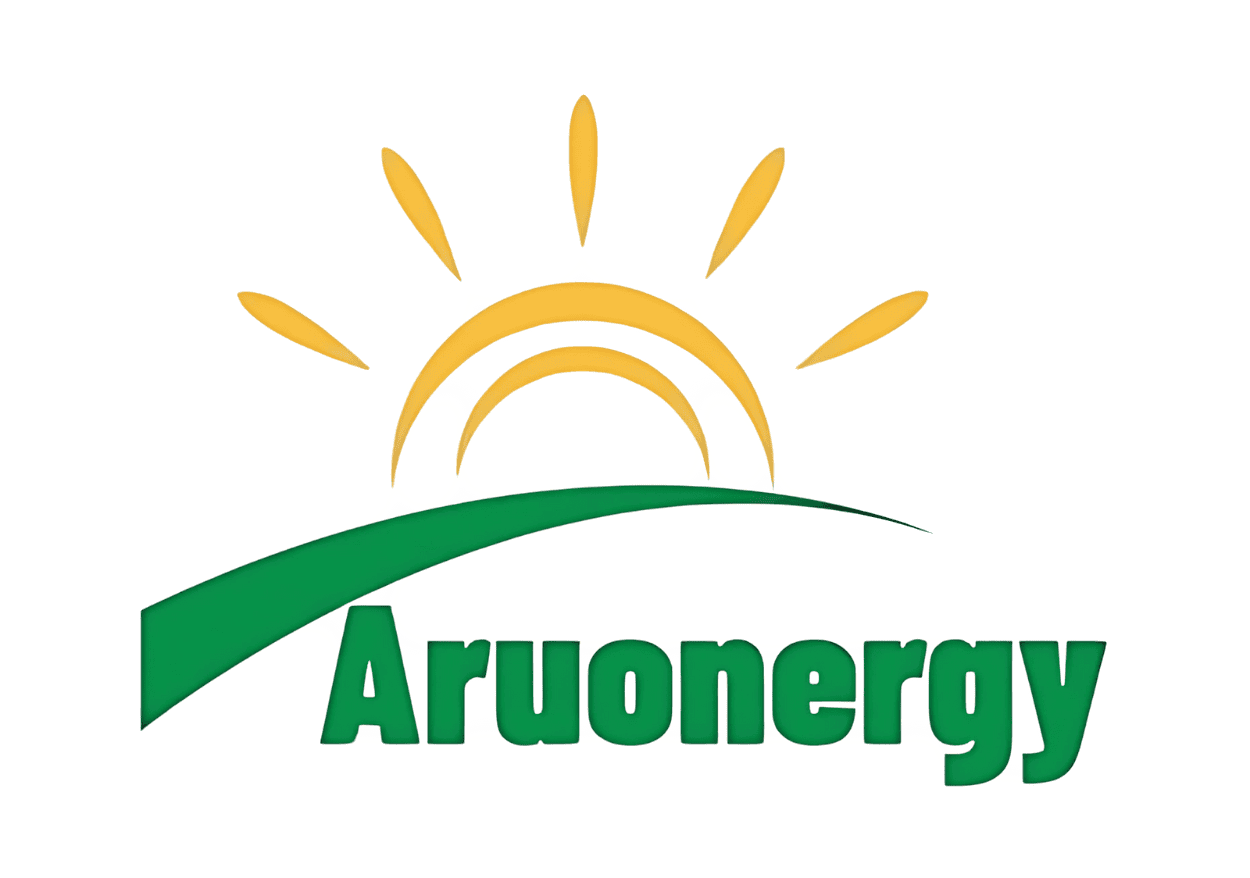China’s Export Tax Rebate Cuts: What It Means for the Global Solar Industry
China has announced plans to reduce or eliminate export tax rebates on solar panels and batteries, a move that could significantly impact the global renewable energy market. The changes, set to take effect in 2024, were introduced by the Ministry of Finance and the State Taxation Administration, focusing on driving domestic consumption and promoting high-quality, advanced green technologies.
This policy shift highlights China’s strategy to balance its dominant role as the leading exporter of solar components with its internal sustainability goals. The export tax rebate cuts could result in increased costs for international buyers, creating ripple effects for renewable energy projects worldwide.
Why Is China Making This Change?
- Domestic Consumption FocusBy reducing export incentives, China aims to keep more of its solar technology for domestic use. This aligns with the country's broader decarbonization goals and its push to build a more sustainable energy infrastructure at home.
- Shift Towards Advanced TechnologyThe policy incentivizes the production of high-efficiency and innovative green products. Manufacturers may now prioritize quality over quantity, focusing on cutting-edge solutions to meet stricter domestic standards.
- Market StabilizationThe rebate reductions could stabilize global markets by curbing overproduction and addressing concerns about unfair competition posed by China's historically low export prices.
Impacts on Global Solar Projects
- Cost ImplicationsWith reduced rebates, Chinese-made solar panels and batteries may see price increases. This could challenge renewable energy providers reliant on low-cost imports, potentially delaying projects or raising installation costs for end-users.
- Supply Chain AdjustmentsCountries and companies dependent on Chinese exports may explore alternative suppliers or invest in local manufacturing to offset potential shortages and price hikes.
- Push for DiversificationThe global solar industry could benefit from diversification, driving investments in non-Chinese manufacturers and fostering competition that may lead to technological innovation.
How Aruonergy is Adapting
Aruonergy, a leading Australian provider of renewable energy solutions, is well-positioned to navigate these changes. By emphasizing flexibility and innovation, Aruonergy can adapt quickly in several ways:
- Leveraging Local ResourcesAruonergy is exploring Australian-made or regionally sourced solar components to mitigate supply chain disruptions and support local sustainability goals.
- Promoting Premium SolutionsAligning with China’s shift towards advanced technologies, Aruonergy can focus on offering cutting-edge solar panels, inverters, and energy storage systems that meet the highest efficiency standards.
- Educating CustomersAruonergy is committed to helping Australians understand the evolving solar market. By highlighting government rebates and long-term savings, the company ensures that clients continue to see the value of investing in renewable energy solutions.
While China’s policy change may pose challenges for the global solar industry, companies like Aruonergy are turning potential obstacles into opportunities. By embracing innovation and leveraging local advantages, Aruonergy ensures Australians continue to benefit from affordable, high-quality renewable energy. For more details on China’s export tax changes, visit Dialogue Earth.

